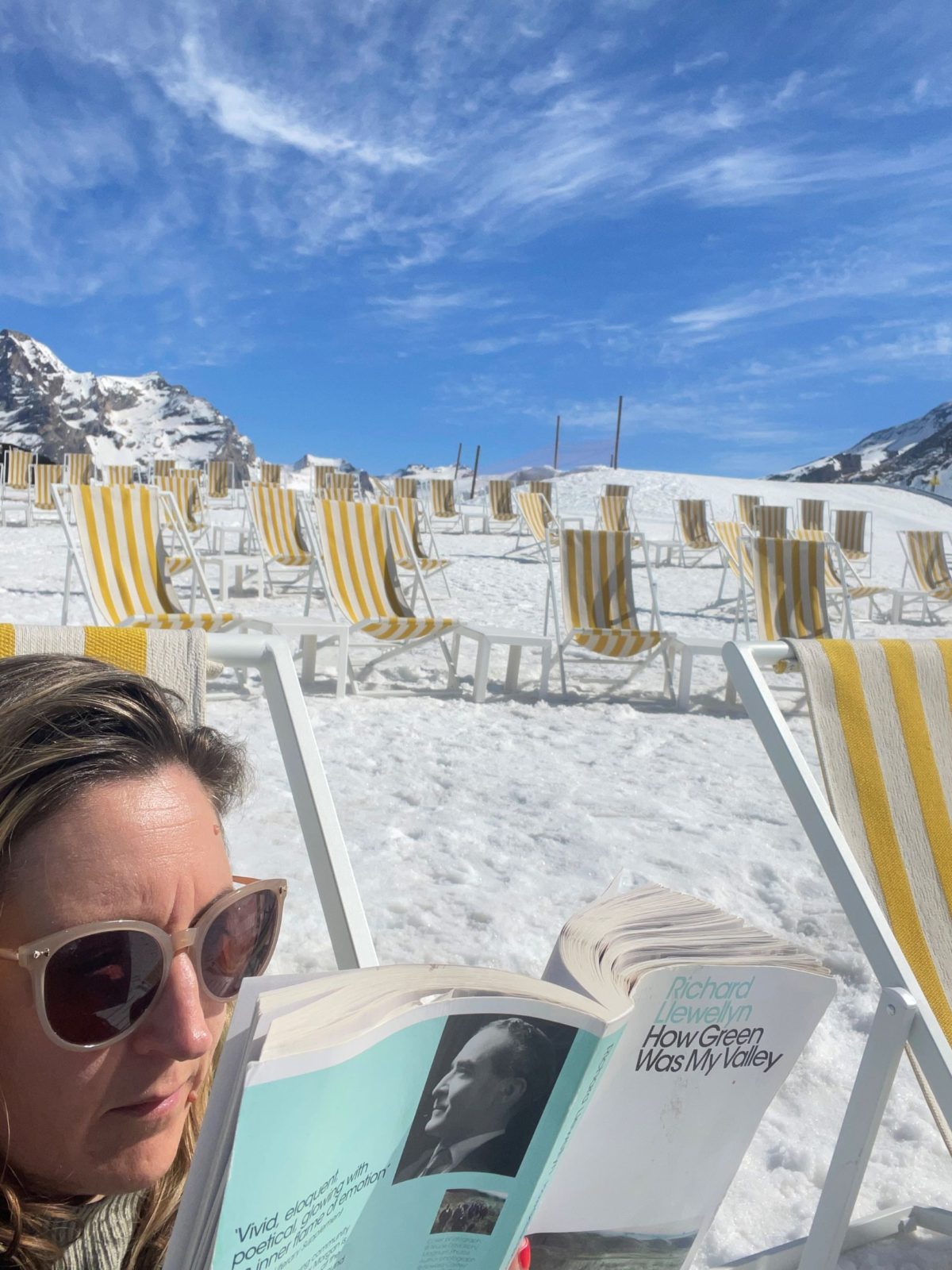Here is a classic novel of the Industrial Revolution. It is a coming-of-age story set in the early twentieth century in a small Welsh mining village. It captures a prelapsarian time of community and honest work that from our current perspective seems wildly imaginary. Some light Googling tells me it is kind of imaginary, as apparently this famously Welsh story was written by an Englishman with only tenuous links to Wales. Still, it works. It really works. It is a little dated today, but I can still see why it was a huge bestseller.
Most effective for me is the creation of an entire community. The story is written by an older man, re-creating his boyhood and early manhood. It oozes loss. Whether he was Welsh or not, he was clearly struggling to find a way to keep alive the people he has lost. Here is the last paragraph, remembering his father who died in a mining accident:
Did my father die under the coal? But, God in heaven, he is down there now, dancing in the street with Davy’s red jersey over his coat, and coming, in a moment, to smoke his pipe in the front room and pat my mother’s hand, and look, and O, the heat of his pride, at the picture of a Queen, to his eldest son, whose baton lifted voice in music fit for a Queen to hear.
. . . For if he is dead, then I am dead, and we are dead, and all of a sense of mockery.
How green was my Valley, then, and the Valley of them that have gone.
It was crushing.
However, side point, I do always find it difficult when people who live in communities totally dependent on one thing (coal, copper, whatever) act all surprised and betrayed when that one thing ends. Like what did you think was going to happen? How did you think this was a good idea? DIVERSIFY PEOPLE DIVERSIFY.

